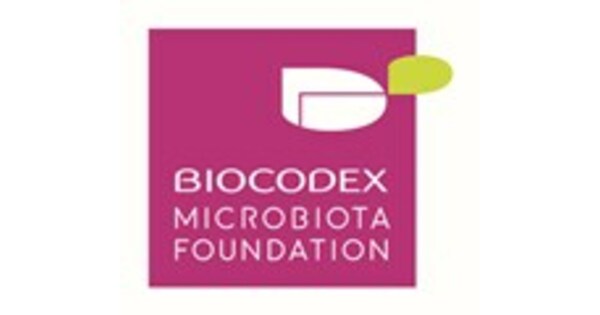Key US-Based Grant Entry Information:
- Grant Amount: $50,000
- Eligibility: Applicants must be an advanced degree holder. Grant must be applied to research in a USA institution. Applicant may have no more than 10 years of research experience post-terminal degree (time spent in clinical training is excluded). The grant is intended as a seeding or bridging grant to help investigators initiate or continue a project to become independent.
- Research Topic: Gut microbiota in human health and disease focusing on groundbreaking areas of research, including, but not limited to, its impact on neurological disorders, oncology, impact on circadian rhythms or other areas of interest.
- Application Deadline: October 1, 2023
- Application Entry Email: All completed applications must be sent to [email protected]
- Winner Announcement/Prizing: December 2023
In 2022, Dr. Harikesh Dubey, who is currently a Postdoctoral Research Associate at the Institute for Quantitative Health Science & Engineering, Michigan State University, received the grant to help further his research on the effect of gut microbiome of humans on brain structure and functions in various mouse models of Autism Spectrum Disorder (ASD).
“The Biocodex Microbiota Foundation grant has given me the opportunity to further my research to better understand the connection between how gut microbiome contribute to co-occurring strengths and challenges in Autism Spectrum Disorder,” says Dr. Dubey. “The findings from this research will help develop a novel microbiome-based intervention to treat Autism Spectrum Disorder and related complications.”
Other previous Biocodex Microbiota Foundation $50,000 grant recipients include:
- 2021 – Dr. Julia Brown, PhD, for research on the role of the neonatal gut microbiome in lung immune development and antiviral immunity
- 2020 – Dr. Jessica Queen, MD, PhD, for her work on Fusobacterium strains from colon cancer biopsies
- 2019 — Dr. Arpana Gupta, PhD., for her research on the prevalence of Metabolic Syndrome (MetS)
- 2018 — Dr. Tao Yang, PhD., for his investigation into how intestinal microbes may cause dysfunctional gut-brain connections
- 2017 – Dr. Rashim Singh, PhD, for her research on flavonoids and microbiome interactions via triple recycling and their roles in food-borne carcinogen-induced colorectal cancer
The Biocodex Microbiota Foundation’s annual call for grant applications is part of a multi-year research initiative to understand the interaction between microbiota and different pathologies. All completed applications that meet entry criteria will be reviewed and one recipient selected. All completed applications should be sent to [email protected] by the October 1, 2023 deadline. Late or incomplete applications, or those that don’t meet the criteria of the grant program or research topic, will not be considered.
To learn more information about Biocodex Microbiota Foundation and the 2023 US grant program, visit here.
About the Biocodex Microbiota Foundation
The Biocodex Microbiota Foundation’s mission is to support research into microbiota and its interaction with various pathologies. Research is supported through grants given to projects that investigate the implication of microbiota in human health. The Biocodex Microbiota Foundation supports both foundational and applied research, and projects are selected annually by a committee of independent scientists.
The foundation’s primary activity remains the awarding of annual grants to innovative scientific research projects that explore the structure and impact of microbiota. In addition, the foundation also runs and helps establish programs to improve our understanding of microbiota and disseminates this knowledge as widely as possible, including scientific communities and via public projects aimed to help improve human health.
The Biocodex Microbiota Foundation is a non-profit, general interest organization. For more information about the foundation’s international research grants, visit here.
Media Contact
Jessica Russo, RLA Collective, A Ruder Finn Company, 9144242498, [email protected]
SOURCE Biocodex Microbiota Foundation


